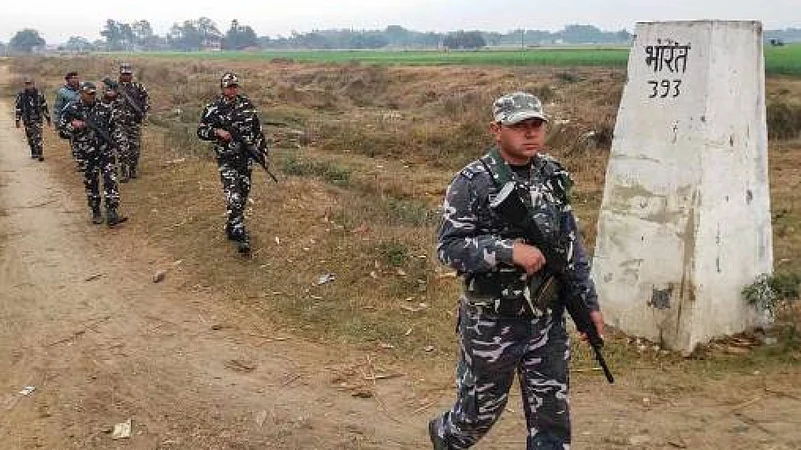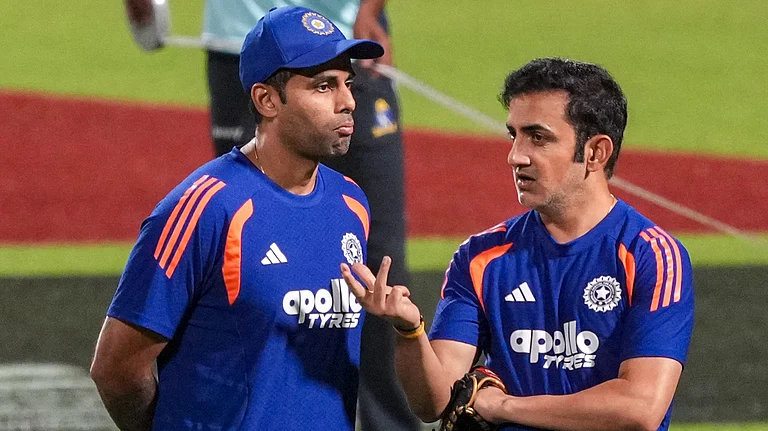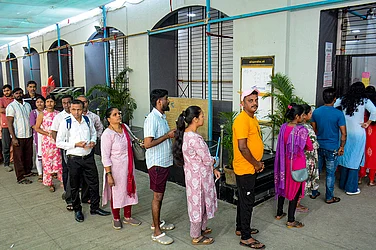Due to security concerns, the Border guarding force 'SSB' has directed its personnel not to store personal data on smartphones as it may lead to "dangerous" consequences if the device falls into wrong hands.
Officials said on Thursday that the force recently issued a circular also asking its troops and other staff to avoid sharing official orders on WhatsApp and desist from discussing and sharing operational matters over social media after an officer posted at a "sensitive location" was reportedly found to have divulged details of some army and central forces' movement to unidentified entities.
The force that guards unfenced Indian fronts with Nepal (1,751 km) and Bhutan (699 km) has said such instances have "grave national security implications and shows the organisation in poor light".
The personnel have been directed to note down the unique IMEI (International Mobile Equipment Identity) code of their phones and keep it at a safe place so that unauthorised access to their device can be stopped and the phone can be blocked in case it is lost or stolen.
It also asked the personnel to uninstall Truecaller mobile phone application from their smartphones.
"Sharing of official orders on WhatsApp and other social media platforms should be avoided," the circular said.
It said troops should avoid putting pictures and video clippings depicting troop movements, location, weaponry and any material of "sensitive nature" over social media platforms.
The personnel have been asked to not immediately respond to calls received from landline phones, government common user group (CUG) numbers or personal mobile numbers and instead "politely" inform the caller that the information solicited will be provided after obtaining clearance from higher authorities.
It has been reiterated in the latest directive that suspicious or doubtful people may impersonate as senior officers from security forces like army or central armed police forces or sister agencies to elicit sensitive or confidential operational information by calling the personnel on their personal or official communication links, a senior officer, who did not wish to be named, told PTI.
"Be suspicious of unsolicited phone calls, visits or email messages from individuals asking about employees or other internal information. If an unknown individual claims to be from a legitimate organisation, try to verify his or her identity directly with the company (organisation)," the Sashastra Seema Bal (SSB) circular cautioned.
The number of the caller soliciting such information should be noted and communicated to higher headquarters immediately, it added.
"Do not provide personal information or information about your organisation including its structures or networks, unless you are certain of a person's authority to have the information," the circular said.
It specifically asked the personnel to "avoid" discussing operational and administrative issues over any social media platform.
The circular directed senior officers to particularly sensitise personnel who man control rooms and those involved in the operations wings.
The officer quoted above said similar worded circulars and directives have been issued by the home ministry, the Intelligence Bureau and other agencies to sensitise the troops of other security forces against such breaches.
( With PTI Inputs)


























